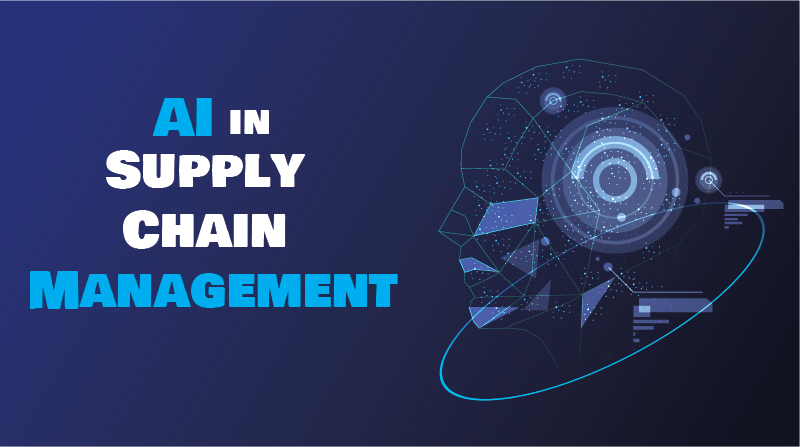Here’s Why Businesses Are Adopting AI:
Looks like businesses around the world are all set to undergo this massive change of applying AI in supply chain management and logistics!
Recent research by McKinsey shows that companies can generate about 1.3-2 trillion dollars more yearly if they utilize AI in supply chain management and logistics.
It has been observed that there are some major areas including service operations, product and service development, and marketing and sales which use AI in supply chain management and logistics, and almost 87% of the total AI adoption is covered by the above functions.
Supply chain management in businesses involves in-depth planning, strategizing, and analyzing huge sets of data which is clearly why the use of AI in supply chain management and logistics eases up the processes both efficiently and economically.
The analysis of the huge sets of data by AI and the application of better algorithms help to balance demand and supply thereby optimizing both along with the delivery procedure. On the other hand, logistics can be simply referred to as the management of the flow of different kinds of products between varied locations. Dynamic pricing, route optimization, planning and demand forecasting, automated warehousing, etc are some of the key functions of AI in supply chain management and logistics of business enterprises.
Having enlisted the major functions of this business globally, let us delve further into gaining a clearer understanding of how the users take place.
First and foremost, machine intelligence or AI (or even robotics for that matter) handles large amounts of data more accurately than humans. This efficient handling of large sets of data more accurately in a lesser time would be a complete asset for any company in today’s world. Hence the use of this. Traditional demand forecasting methods such as Auto-Regressive Integrated Moving Average or exponential smoothing are being replaced in businesses by AI-powered demand forecasting methods which are extremely accurate and more systematic.
Apart from data handling, this analysis demands better planning. AI in supply chain management and logistics also utilizes pricing software to deal with pricing fluctuations better. Office tasks and reducing shipping costs by the use of graph analytics and shortest algorithm paths for route optimization are some other uses of this and logistics of businesses.
The future of AI in Supply Chain Management and logistics:
According to an industrial report by the MHI in 2020, only 12% of the total businesses around the world are using machine automation in their warehouses. However, this is supposed to cross 60+ in the next 6-7 years or a decade at the most. The warehouse robotics market is also expected to grow at a rate of 11.8% by 2022. Hence apart from the use of AI in supply chain management and logistics of businesses, it is also percolating down to the factory warehouses with its use of delivery drones, self-driving vehicles, predictive maintenance, damage detection technologies, and so on. AI certainly is the future in many sectors.



